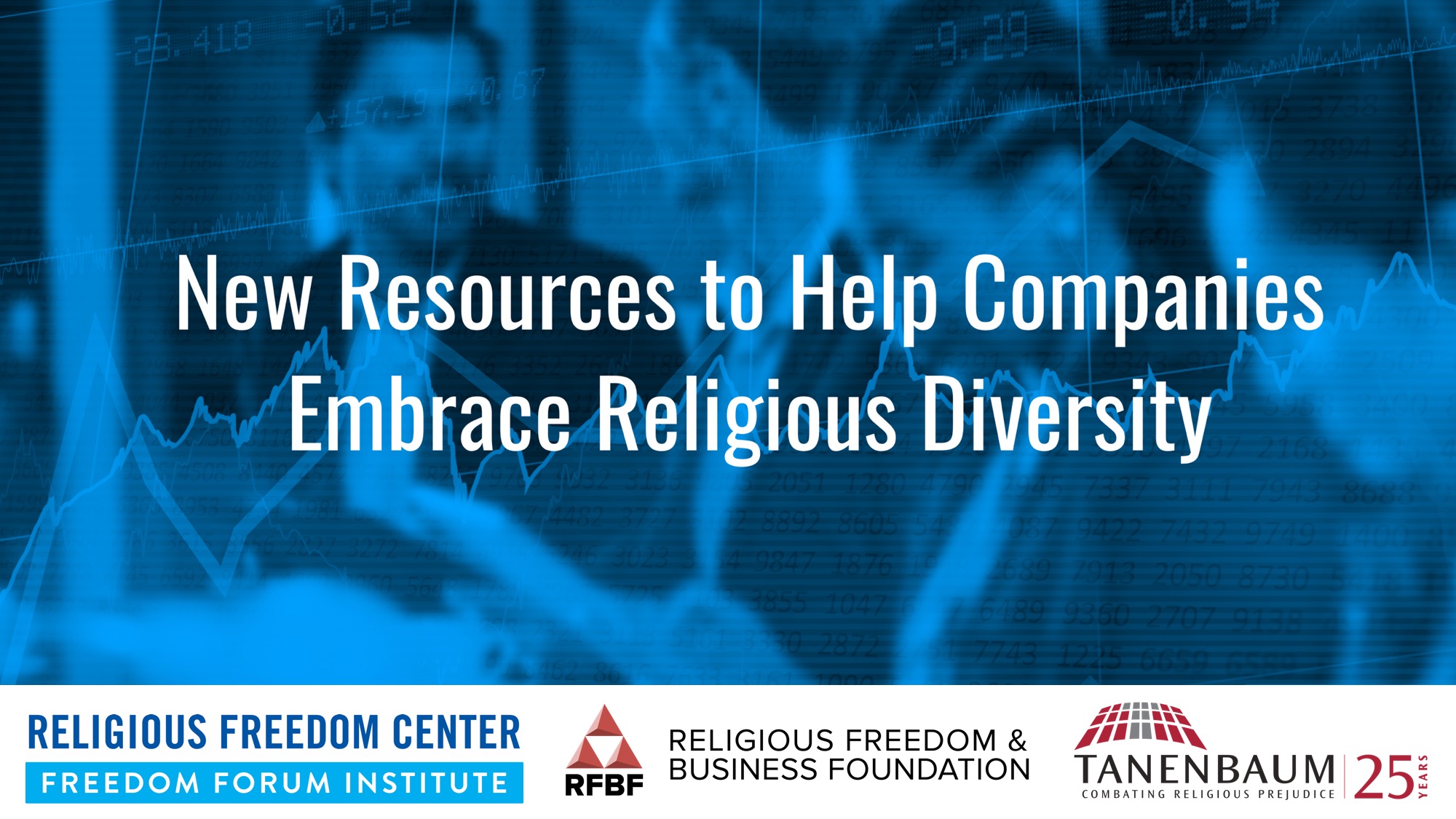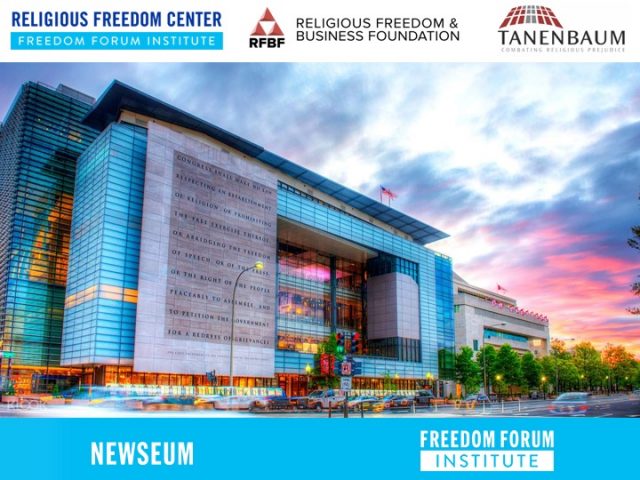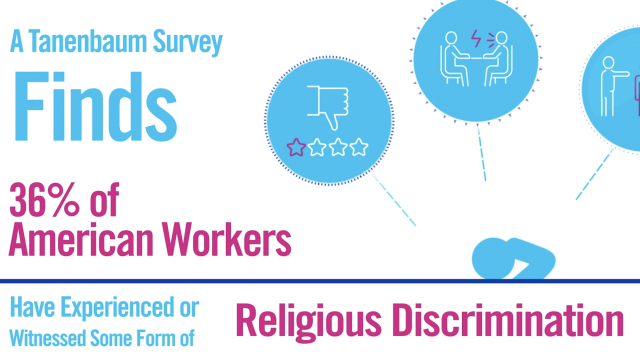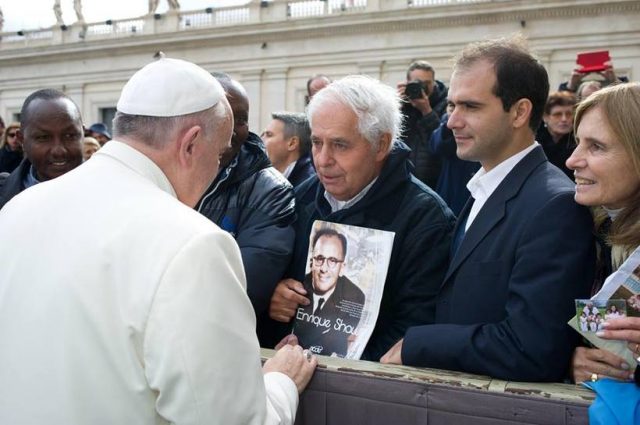- This is part of a series of profiles on faith and work initiatives from various faiths.
One CEO’s Quest for Meaning and Authenticity
- August Turak, Columbia University Press
August Turak is a successful entrepreneur, corporate executive, and award-winning author who attributes much of his success to living and working alongside the Trappist monks of Mepkin Abbey for seventeen years. As a frequent monastic guest, he learned firsthand from the monks as they grew an incredibly successful portfolio of businesses.
Service and selflessness are at the heart of the 1,500-year-old monastic tradition’s remarkable business success. It is an ancient though immensely relevant economic model that preserves what is positive and productive about capitalism while transcending its ethical limitations and internal contradictions.
Combining vivid case studies from his thirty-year business career with intimate portraits of the monks at work, Turak shows how Trappist principles can be successfully applied to a variety of secular business settings and to our personal lives as well. He demonstrates that monks and people like Warren Buffett are wildly successful not despite their high principles but because of them. Turak also introduces other “transformational organizations” that share the crucial monastic business strategies so critical for success.
Reaction of Kent Johnson, Senior Corporate Advisor, RFBF:
- (1) The monks have discovered an amazing secret: it is in our own self interest to forget our self interest.
- (2) The monks are not profit-driven people who happen to think about higher purpose once in awhile; they are people passionately committed to their mission of selfless service to God and others, who happen to have a business.
- (3) All the barriers of politics, economics, nationality, and personal experience keeping us apart are put in their proper perspective by our mutual commitment to the mission.
- (4) All great salespeople know that the more they make it their mission to “forget” themselves, their product and their commissions and concentrate on serving their customers’ needs, the more sales they make. The commissions take care of themselves.
- (5) Today the most exciting trend in business is the emphasis on authentic leadership and authentic brands. Authenticity entails individually and collectively transcending selfishness through a transformation of being.
- (6) Trust is directly proportional to selflessness.
- (7) If your goal is to benefit customers, you’ll be willing to let go of the procedures and products you created earlier, and launch new and more productive ventures.
- (8) “Our first principle was that we wanted to create a spiritual company. This didn’t mean that we expected everyone to buy into a particular religion or set of beliefs. It meant that personal growth, honesty, integrity and selflessly putting people first were more important than making money. It also meant that our company would be ‘spiritually friendly’; no one need feel embarrassed or ashamed about talking philosophy at the watercooler or taking time off to go to a retreat.”
ABOUT THE AUTHOR
 After a corporate career with companies like MTV, August Turak founded two highly successful software businesses, Raleigh Group International (RGI) and Elsinore Technologies. He received a B.A. in history from the University of Pittsburgh and is pursuing a Masters in theology at St. John’s University, Minnesota.
After a corporate career with companies like MTV, August Turak founded two highly successful software businesses, Raleigh Group International (RGI) and Elsinore Technologies. He received a B.A. in history from the University of Pittsburgh and is pursuing a Masters in theology at St. John’s University, Minnesota.
Turak’s essay “Brother John” received the grand prize in the John Templeton Foundation’s Power of Purpose essay contest. He has been featured in the Wall Street Journal, Fast Company, Selling Magazine, the New York Times, and Business Week, and is a popular leadership contributor at Forbes.com. His website is www.augustturak.com.




 IMMEDIATE RELEASE, Washington, DC: Feb. 13, 3019
IMMEDIATE RELEASE, Washington, DC: Feb. 13, 3019

 Dear Friends and Colleagues,
Dear Friends and Colleagues, Launching Leaders Rolls Out Personal Development and Leadership Course to United Religions Initiative Cooperation Circles in Africa
Launching Leaders Rolls Out Personal Development and Leadership Course to United Religions Initiative Cooperation Circles in Africa

 Fernán de Elizalde, an Argentinian businessman and member of the Christian Association of Business Executives (
Fernán de Elizalde, an Argentinian businessman and member of the Christian Association of Business Executives (

